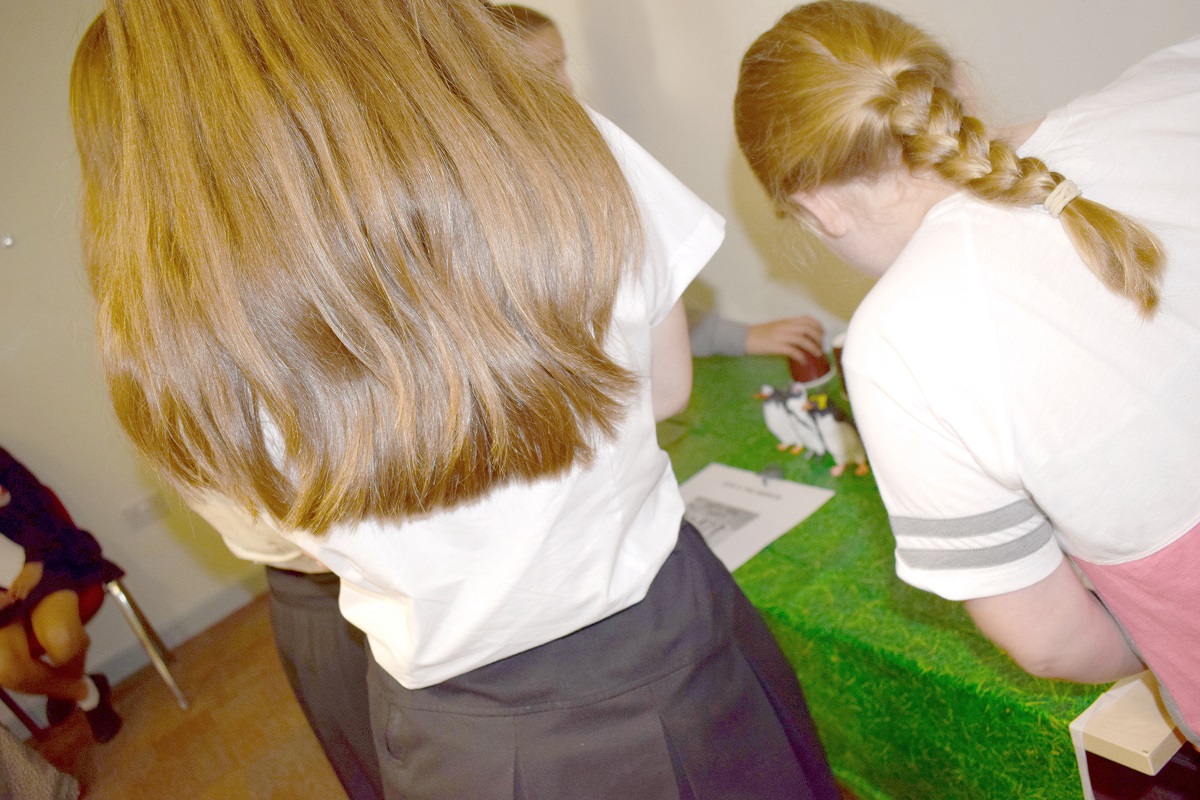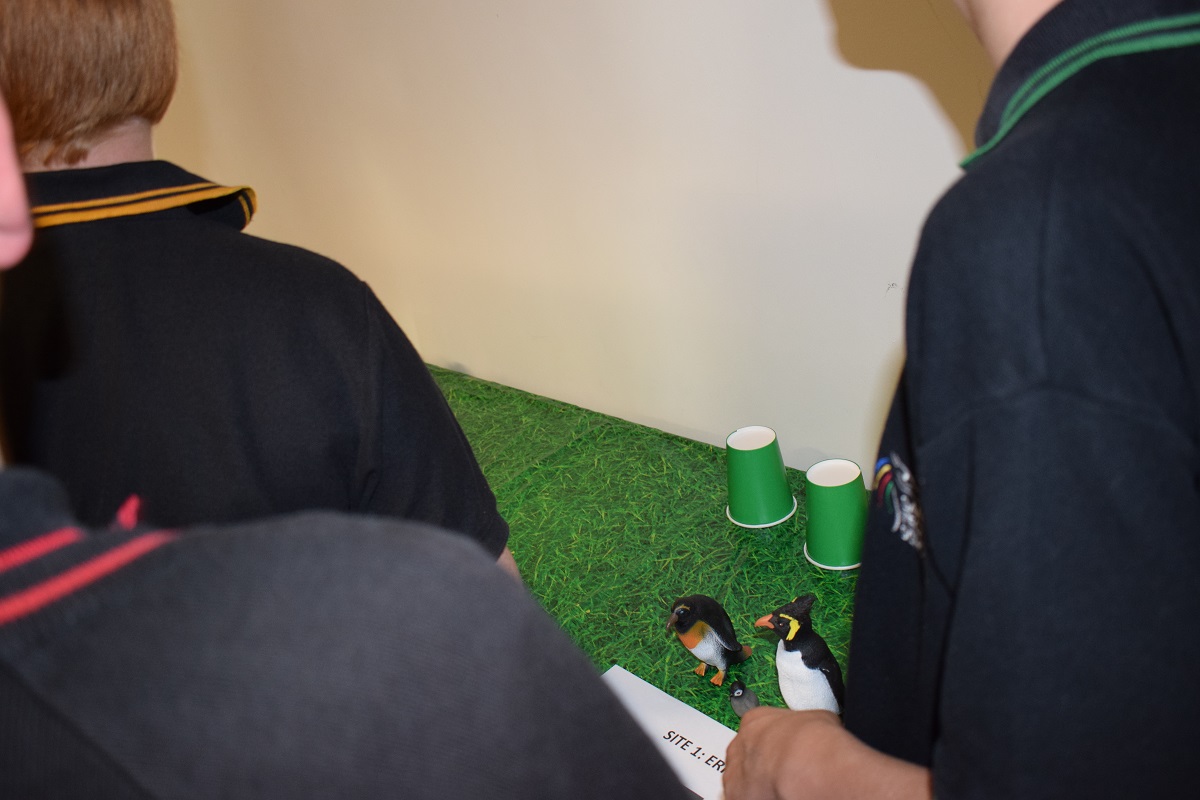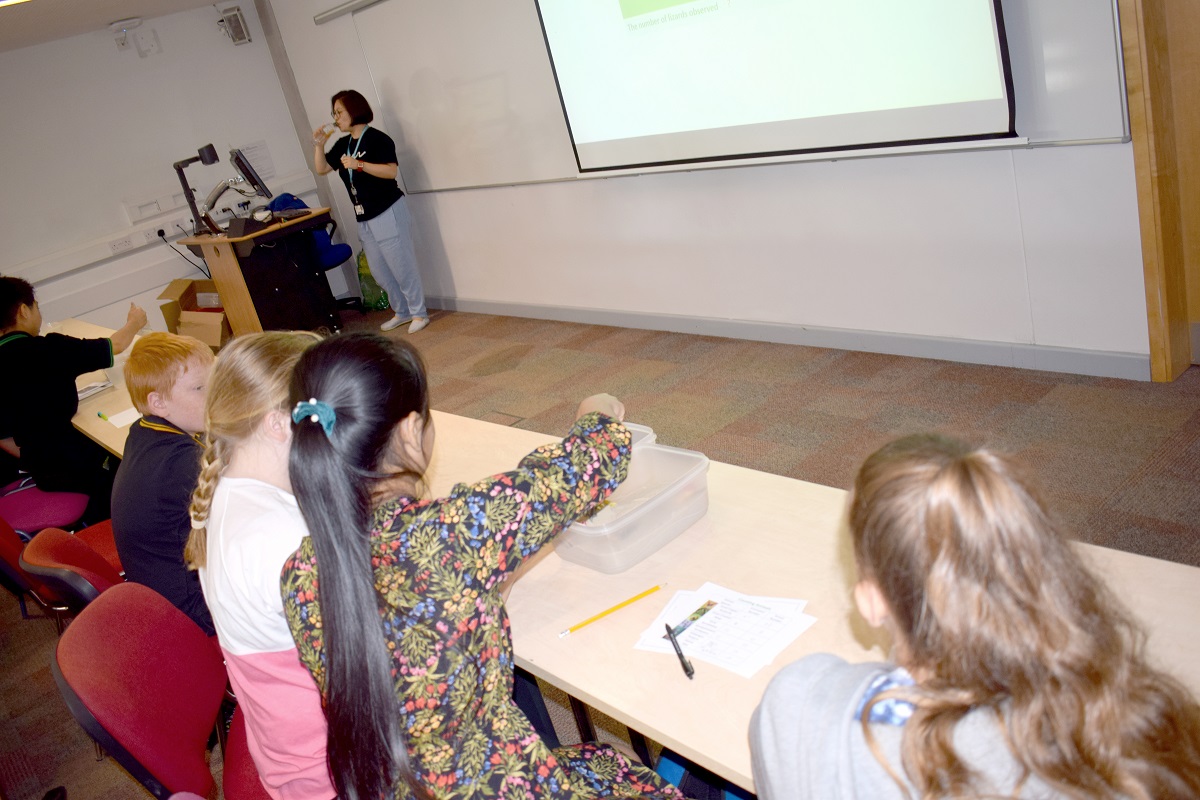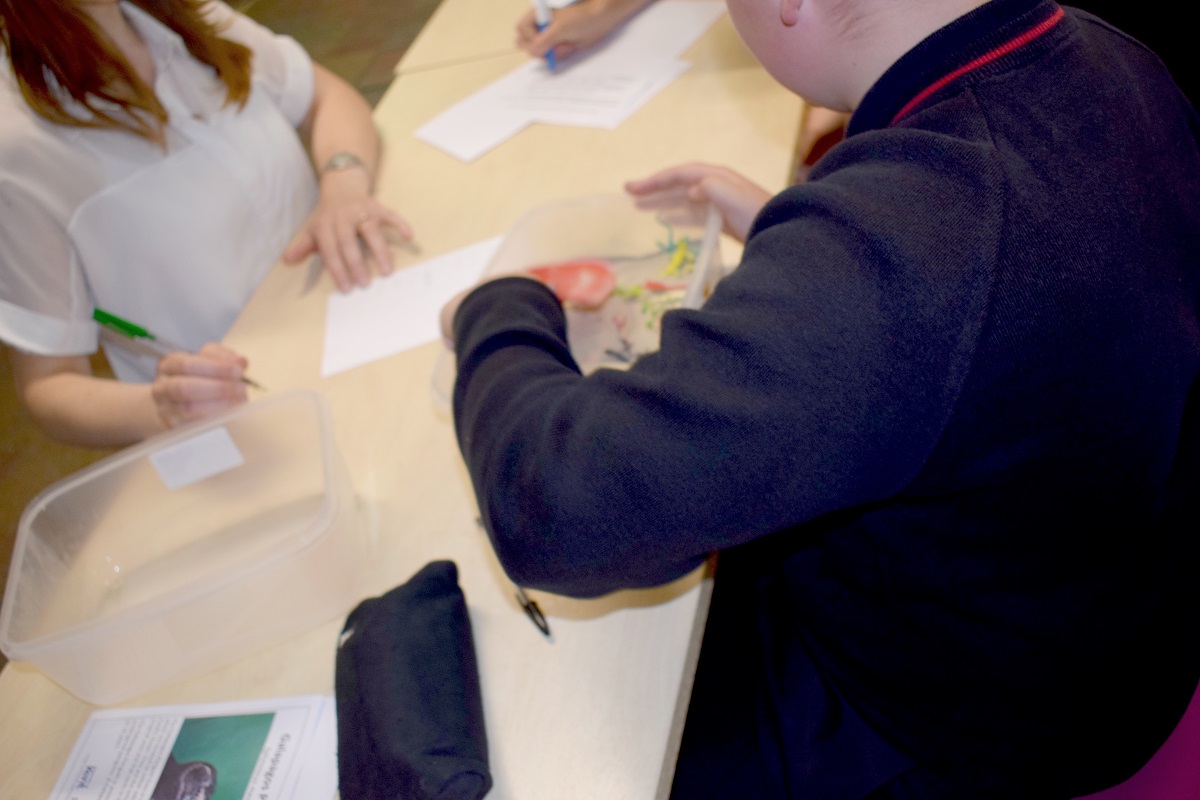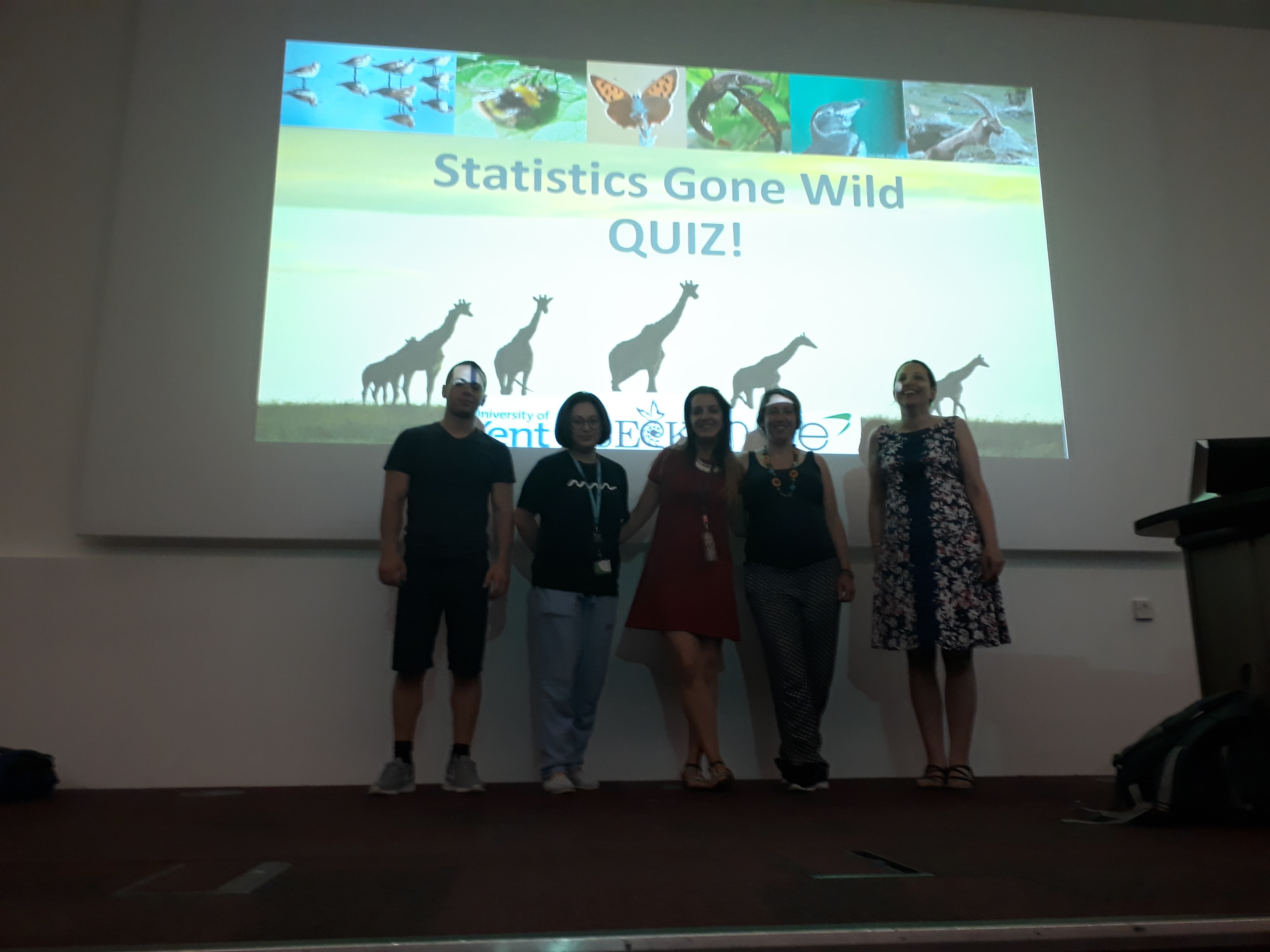Statistical models for wildlife population assessment and conservation
19-23 March 2018
University of Kent
Further details of the workshop and details of how to apply for a place can be found here:
https://www.kent.ac.uk/graduateschool/skills/advancedtraining.html
Please note that the deadline for applications is 1st October 2017. Successful applicants will be informed in early September.
We have 30 fully-funded places (inc. travel and accommodation) and priority is given to NERC-funded PhD students but if spaces remain we are able to offer the funded places to other PhD students and early-career researchers.
Within the environmental sector there is currently a shortage of practitioners equipped with the statistical modelling skills to carry out reliable population assessments. Consequently, environmental impact assessments (EIAs) and development mitigation projects often use population assessment protocols that are not fit-for-purpose1. The skills shortage arises because (1) recent advances in statistical models for population assessment are largely confined to the academic sector with little penetration to the end-users; and (2) although many postgraduate programmes have a statistical modelling training component, this often fails to expose PhD students to new models in the area and the potential applications these have for conservation practice2. This training programme will provide a cohort of PhD students and early career researchers/practitioners with the relevant modelling skills required for a career that involves wildlife population assessment for conservation.
- Griffiths, Foster, Wilkinson and Sewell (2015). Science, statistics and surveys: a herpetological perspective. Journal of Applied Ecology. doi: 10.1111/1365-2664.12463
- McCrea and Morgan (2015). Analysis of capture-recapture data. Chapman & Hall/CRC Press, Florida.
Proposed programme of the course
The workshop will focus on ecological questions that arise in conservation practice and use real case study data. Training will include individual-based models, such as capture-recapture, but will also embrace scenarios more frequently used in EIA, such as batch-marked, presence/absence, site occupancy and counts. Applications will include newts, butterflies, birds, bees, beetles, ibex and bats. Each module will be accompanied by a practical computer session using R and each module builds on the last so that delegates build a portfolio of statistical skills.
Training outcomes: By the end of the course, attendees will be able to:
- construct, interpret and fit relevant stochastic models, use different methods of inference, understand the pros and cons of Bayesian and classical methods and the use of prior information;
- personalise R code to undertake modelling of their own research data;
- understand data needs for animal population assessments for EIAs and conservation;
- analyse animal population data to meet both conservation and commercial needs.
Draft timetable:
Module 1: Background in statistics and R (Monday PM)
- Likelihood and probability theory
- Bayesian inference
- Basic model assessment (AIC/absolute GOF)
- Practical session: Introduction
Plenary session and Round table discussions (Tuesday AM)
Module 2: Understanding statistical uncertainty (Tuesday PM)
- Imperfect detection
- Data types, relationships and summaries.
- Introduction to data sets/case studies (bees, butterflies, newts, mallards etc)
- Practical session: converting format of data and summarising complex data.
Module 3: Model fitting and assessment (Wednesday AM+PM)
- Estimating abundance
- M0,Mtbh, removal
- CR/RR
- Occupancy
- Practical session: model fitting, optimisation, use of packages.
Module 4: Modern challenges (Thursday AM)
- Citizen science data
- Small/sparse data and big data issues
- Cost-effectiveness in study design and statistical power.
- Informative prior information.
- Practical session: power analyses and adapting models
Module 5: Advanced stochastic modelling (Thursday PM)
- modelling movement
- state uncertainty
- species interaction
- spatial models
- integrated modelling
- Practical session: use of Rjags, Bayesian graphical models using MCMC.
One-to-one consultation sessions (Friday AM)
Module 6: Advanced aspects of R (Friday AM)
- Practical session: self-lead worksheets
- Multistate examples
- PR diagnosis
- Diagnostic GOF testing

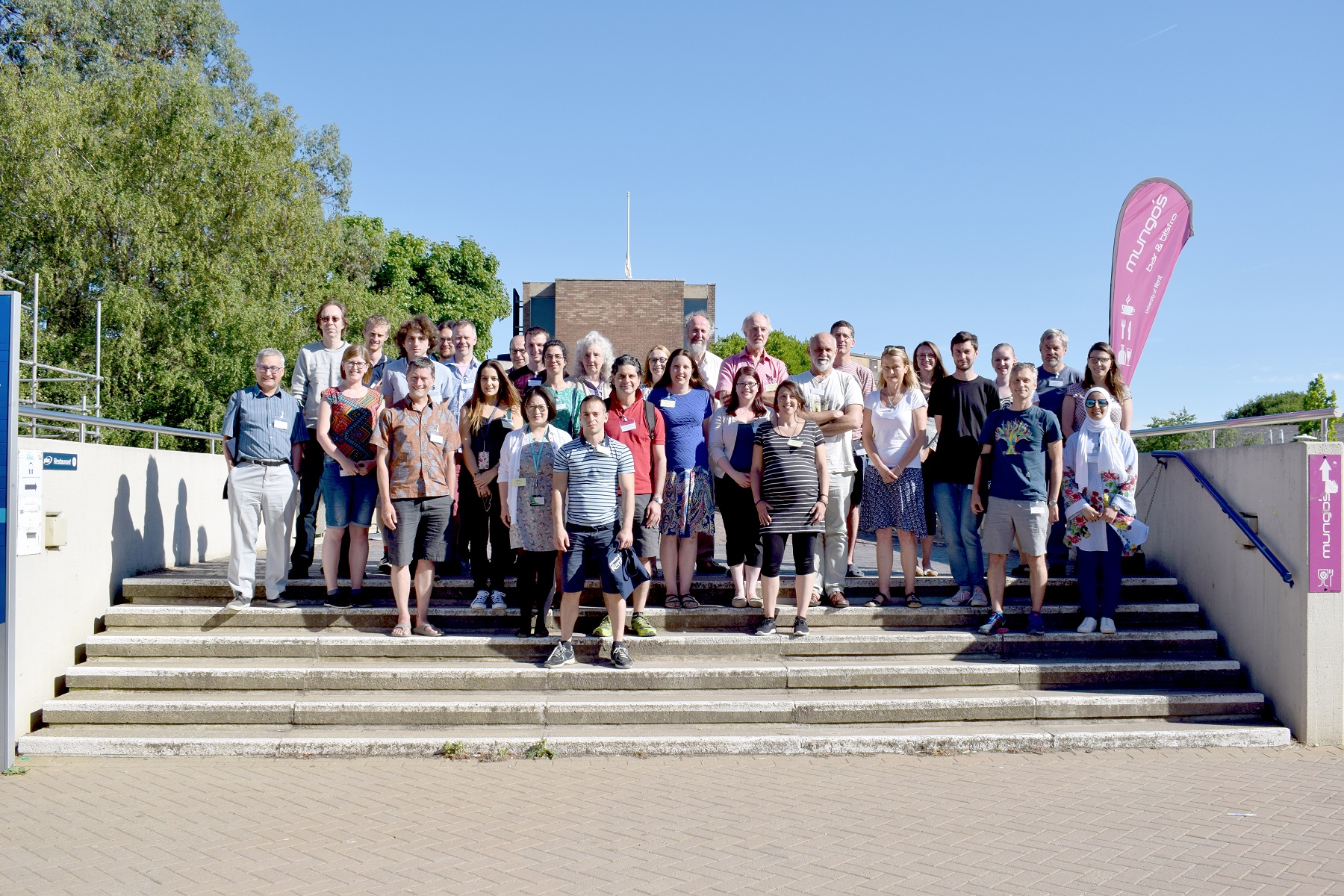
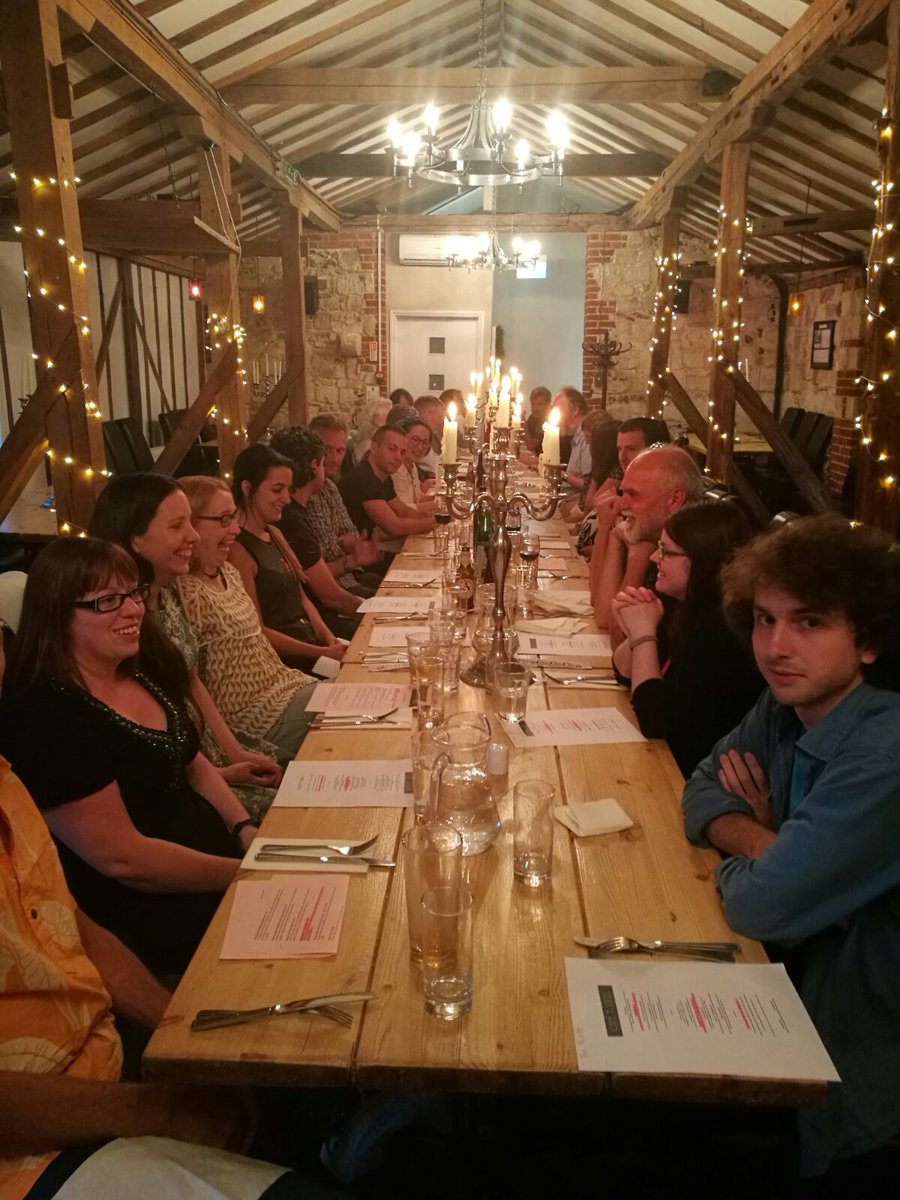
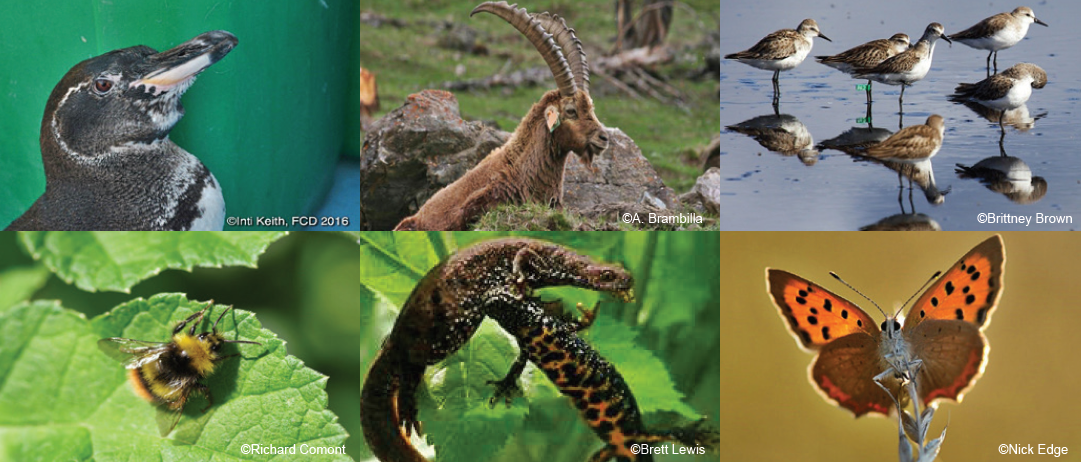
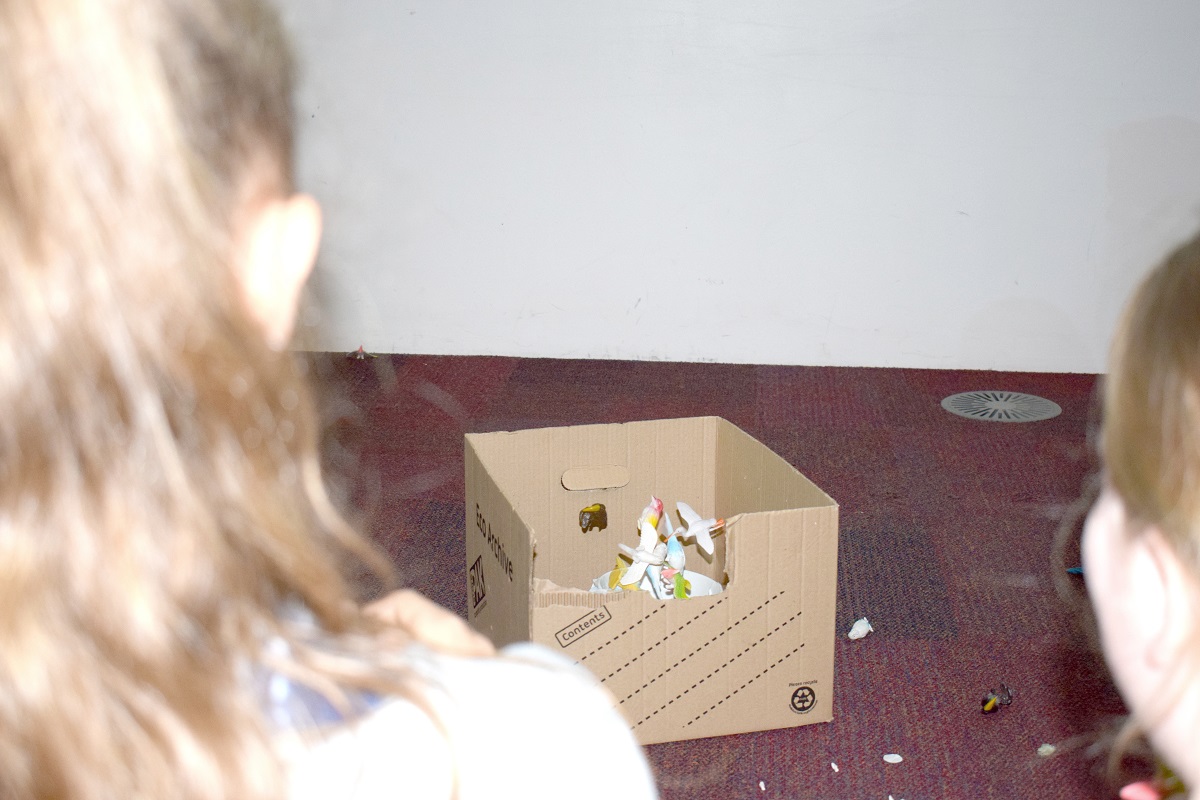
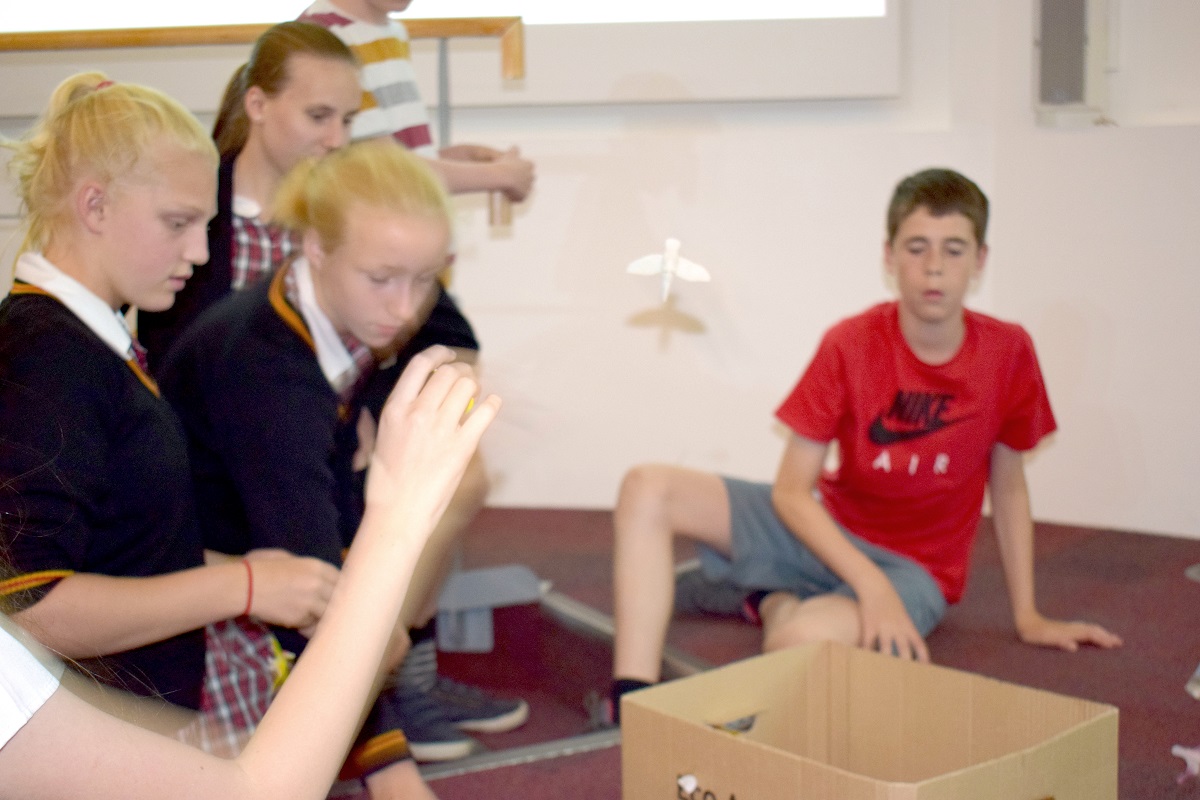 –Occupancy Modelling (looking for hidden penguins) given by Marina;
–Occupancy Modelling (looking for hidden penguins) given by Marina;